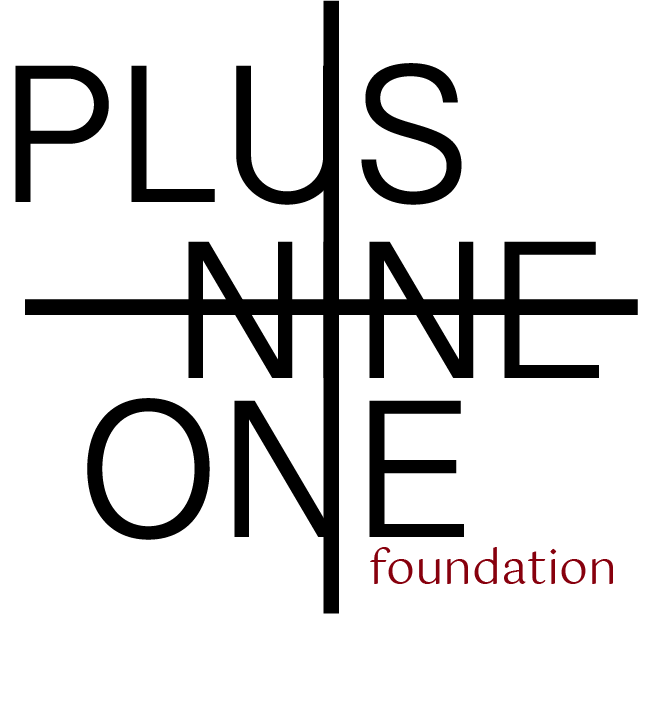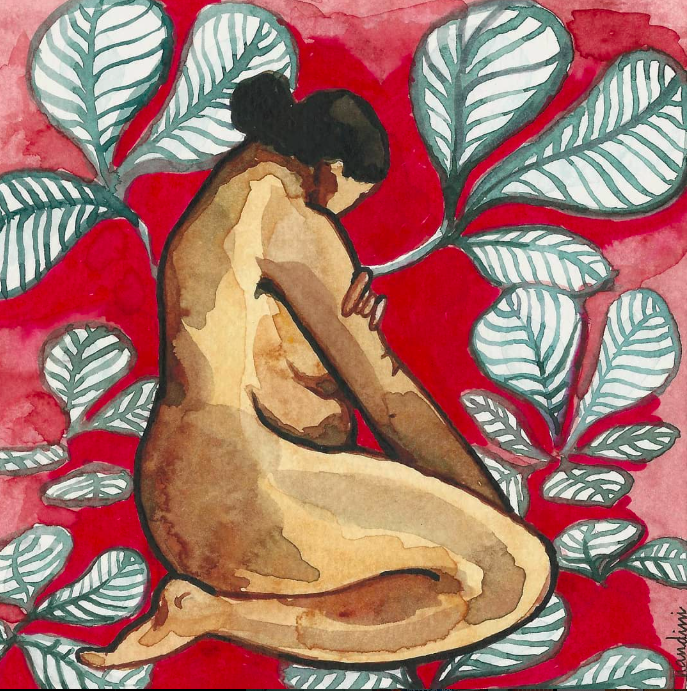Fingerprints
“I am using pens. I like greenery. I like colours. I like a lot of colours together.”
“Anything else you want to say?”
“Yes”
“Go on”
“Mere life mein bhi aise ran bhar jaaye”
Pieces come together
Our women’s class has got really into painting, and is finally starting to think about how to build compositions using the entire page. This class we set them the task of making mosaics — constructing a single image out of fragments of coloured squares. The goal was to combine what we’ve previously explored making patterns and mandalas and add colour to make images.
Making faces
Our men’s class loves drawing faces. We often find portraits of themselves, each other, and their loved ones in their sketchbooks. They are trying to capture joyful memories of their lives outside of prison . Each face is an attempt to stay connected with people while they are physically separated from them.
Origami as cohesion and care
The subject of our class was origami. I started by showing them how to fold a single piece of paper, carefully stressing the importance of forming an accurate crease, folding with intention and confidence, and replicating the folds to make building blocks for a bigger sculpture. The class very eagerly started making the pieces. Of course there were difficulties. Folding takes time and patience, but eventually once they knew how to make one, it was a meditative flow in which everyone was building together.
Trees
This week our men’s class in Byculla District Jail painted the trees around them: “I introduced them to painting foliage using poster colour. They have already done colour workouts in the past. First we used brush strokes to make the stem of the tree, and then I had them observe the silhouette of tree on the page.”
Cylinders
The subject of our class was learning to draw cylindrical objects. The foundation of being able to draft a cylindrical object is the ability to visualize ellipses as viewed from various ascending and
descending angles. To explain the concept of how an ellipse changes, we used a small plastic disc to help us visualize. Then we proceeded to direct the students to draw this disc as viewed from
different points of view.
Botanical Drawing
I recently finished reading Annie Dillard’s beautiful book, "Teaching a Stone to Talk.” In it, she travels to various wild and wonderful places, including the Napo River in Ecuador. “The point of going somewhere like the Napo River is not to see the most spectacular anything. It is simply to see what’s there. We are here on the planet only once, and might as well get a feel for the place...”
Tints & Shades
Today’s class topic was tints and shades. We divided the class into two parts. In the first 30-40 minutes we introduced the concepts of monotone painting, tints, hues and how to achieve them.
The students created first created a series of 5 hues, followed by a series of 5 tints. This was done simultaneously along with the demonstration by the teacher.
Figure Drawing
We started by first explaining the basic proportions of the human body.
We then proceeded to explain the type of poses that work best for a gesture drawing session.
After that, the students started posing one by one. We started with 30 second poses for the first half of the class. The rest of the class tried to capture the gesture on their papers.
Studio Ghibli
Storyboarding is not a drawing skill. Storyboard is writing a story visually. The Japanese animation industry understands that well.
So, the Ghibli is not a cartoon image, it’s a small town where stories grow organically. That’s why the world responds to these stories. There is no pressure on them to be “profitable” stories, political stories, ideological war fare stories or the moral stories. They are just stories. That’s what is Ghibli style.
Cosmic Doodles
This week our class travelled back to ancient India, to learn about the millennia-old doodle art form — mandala drawing. Mandalas have spiritual significance in Hinduism and Buddhism, and practitioners channel cosmic forces into their patterns as they enter a meditative headspace while doodling patterned shapes.
“The mandala gives a person a sacred space to meet their inner self” our teacher writes, in her class notes.
Figure Drawing
In this class, students took turns posing in the middle of a circle. The rest of the class drew them. Our goal was to break hesitation in drawing the human form.
This exercise really bonded the group, and as women in the neighbouring barracks saw what was happening, they came to out watch the class. Some asked for paper and joined in. Others pushed their way into the middle of the circle to pose so their fellow prisoners could draw them.
Matisse
We introduced the work of Henri Matisse and built a class around using colour for expression and not just description. Then I gave everyone a pre-selected colour palette of 5 colours.
I asked everyone to mix the colours they had been given on their palettes. They had never ever done this before — but they couldn’t wait to try. All I told them was the basic rules of mixing.
Most did it intuitively, without needing too much help. One or two people didn’t get it right in the beginning. I told them — think of it as though you’re making daal. You don’t get it perfect the first time!
Value
We started with shading squares with values ascending from 1 to 12. 1 being white and 12 being black. 12 was an arbitrary number, however it stuck with the students. I introduced the concept of bunching values as light (1-4), medium (5-8) and dark (9-12).
In the next part of the class, we introduced still life. We used a paper octahedron to demonstrate how, based on light sources, each visible face of the octahedron was visually of a different value. Placing the octahedron in direct sunlight, students were introduced to the concept of observing shadows and transitions in value.
The Great Wave
We started using art and art history to tell stories about different places, times and societies.




















